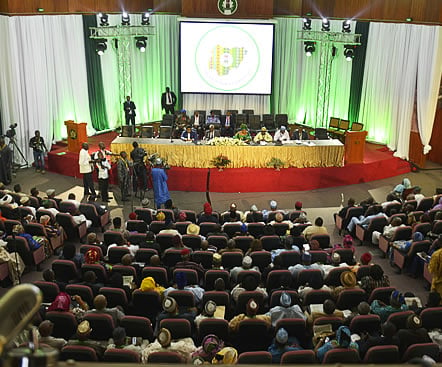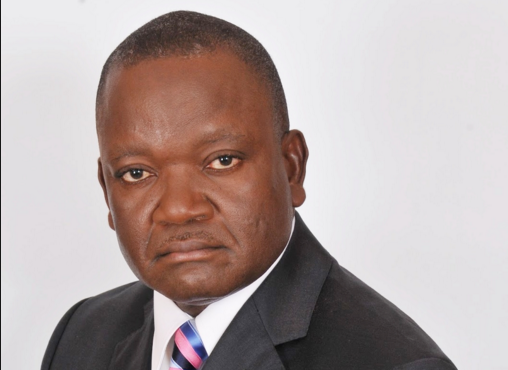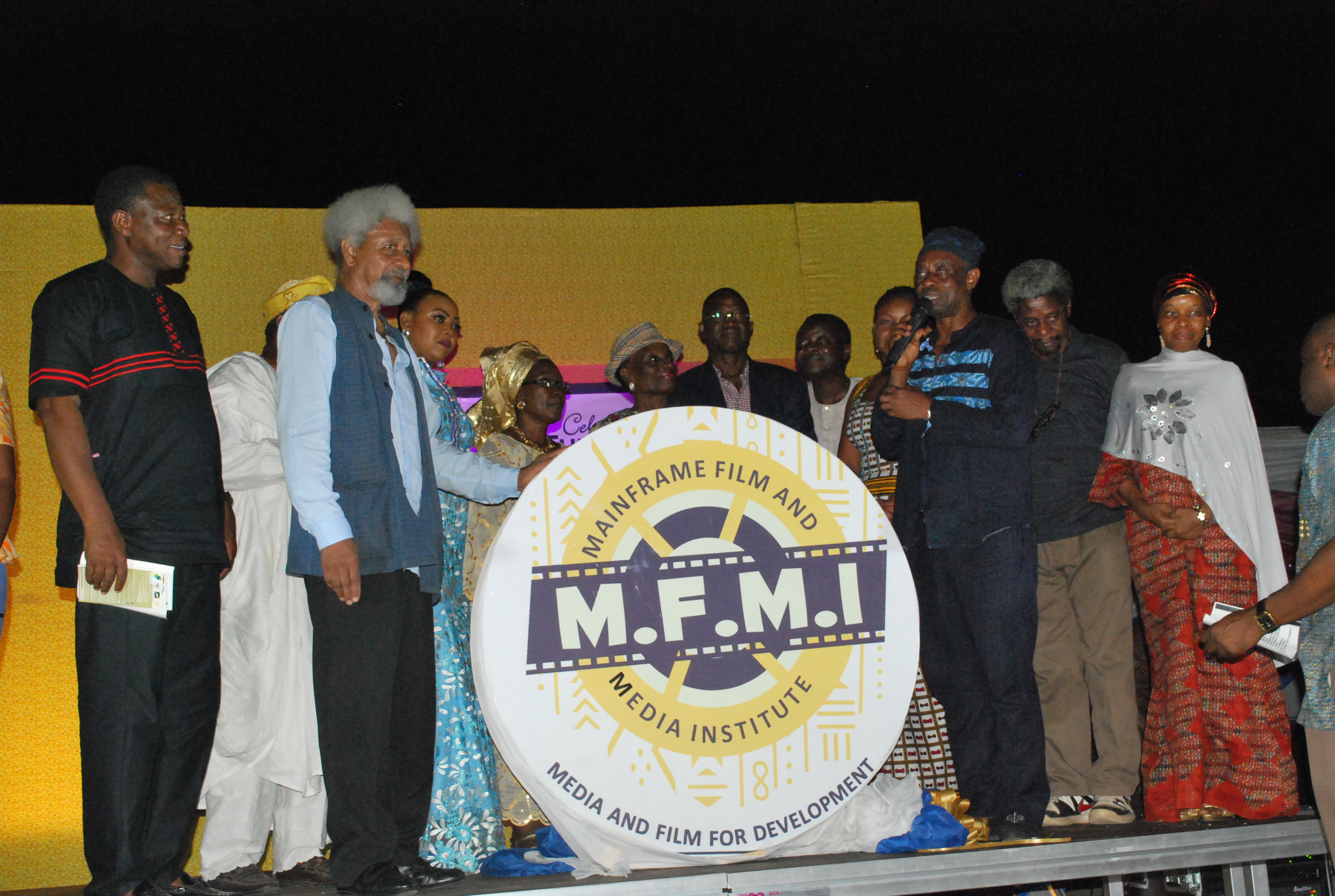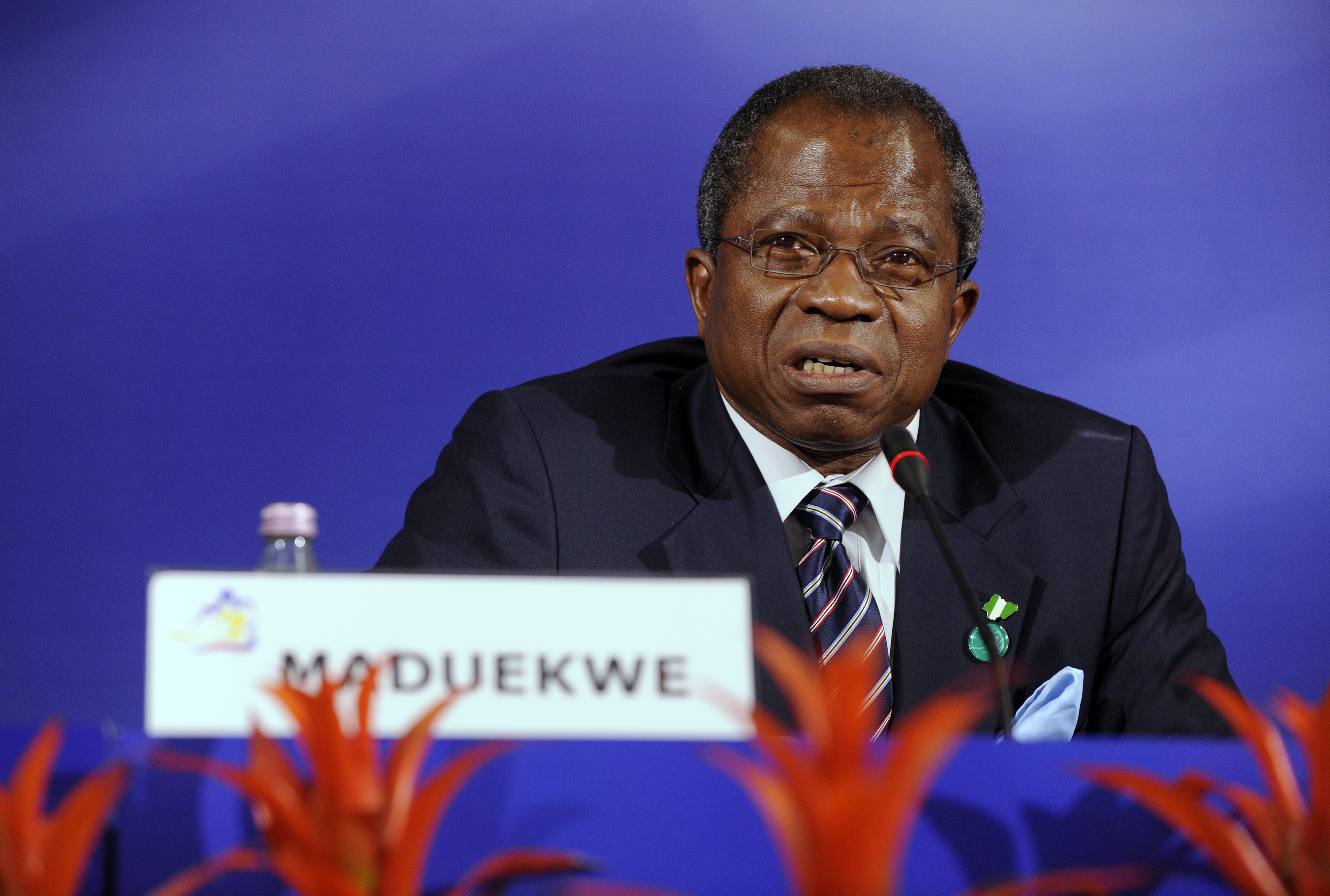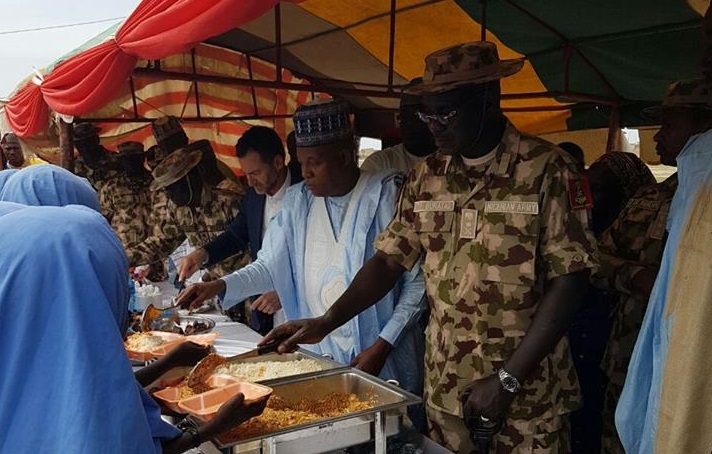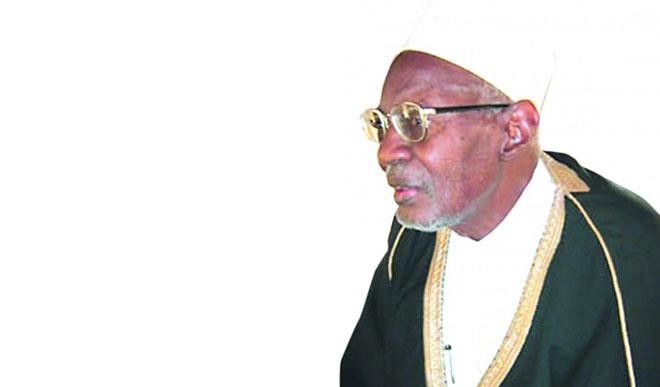By Dele Ikeorha
That Nigeria is not negotiable is a historic fallacy and fallacious concept or ideology that has been at the centre of reckless leadership at the federal level of governance since 1975. When Nigeria’s President Buhari’s comment that ‘Nigeria’s unity is not negotiable’ hit the airwaves and news media, it was received with outrage and bewilderment.
Nigeria in the overwhelming view of Nigerians is negotiable and has been so since the London Conference. That the structure of the Nigerian state is faulty is not in question. That the leadership equally is faulty as well as the leadership selection mechanism is also not debatable. What had been in question is what type or form of question would give justice, harmony and sense of belonging to the various competing parts who consider themselves as nationalities in their own right; and how such a structure is fundamentally required for good leadership of Nigeria to realise our potential.
The search for this equitable structure has resulted in various constitutional conferences, including the last one organised by the immediate past administration of President Goodluck Jonathan. That the report of that Conference which represented attempts at renegotiating the interests of the various nationalities was thrown into the trash can presumably when the actions of the Buhari APC led government portrayed the impression summarised by the words of the Secretary to the Government of the Federation that it was “a jamboree organised by the previous government to take care of the boys.”
Equally condemned by the Deputy Chairman of that Conference, erudite scholar and former Minister of External Affairs, Professor Akinyemi as “uncharitable and insulting.”
Advertisement
In a bid to affirm the political resolve to ensure Nigeria’s unity. alll Nigerian leaders, civilian and military, at one time or the other, have reiterated a form of the cliche that Nigeria’s unity is not negotiable. But is it? Is it not?
Professor Burns who propounded the concept of transactional leadership sees leadership primarily as a transactional relationship between the leader, members and groups in the groups. Using this transactional paradigm, nations whether fused together by military, or political force are primarily sustained by the provision of good governance and social economic development and apparent equity in the distribution of the wealth and power of the nation among its constituent parts. Where this thread is weakened by sectionalism, injustice, corruption and poor leadership, fragmentation and nationalism are bound to emerge and even war.
While like comments previous Presidents and heads of the Nigeria on Nigeria’s non-negotiability did not draw any flak, the social media however is awash with outrage because the current government of Gen Muhammadu Buhari is showing itself as not capable of bringing about the unity we deserve; unity founded on equity and justice: on good governance rather than government terrorism visited on its opposition: That the current government’s performance is abysmally poor is no more in question. It broke faith with those who voted for the APC when it tried at various times to disassociate itself from election campaign promises.
Advertisement
Even the South West which stood on the frontline for the Constitutional Conference and desire its implementation feel betrayed by the Buhari government, but neither they nor Tinubu whose political sagacity and brinkmanship resulted in the formation of the APC alliance, the convincing adoption of a Buhari who had already announced his retirement from active politics, is pitied, It serves them right they say. Even the entire West are daily seen and stereotyped because of this outcome. Most Nigerians feel betrayed by the current Federal Government.
But also, Nigerians are more aware that nations constantly renegotiate the terms of their relationship and the greatest responsibility of leadership is not just to wipe up false hope but to raise hope by good leadership.
That Buhari has failed and is failing in the estimation of majority of Nigerians today is no longer news. What is news is that the government is oblivious to realities on the ground.
Talking of unity will not enforce unity. Nigerians are no longer comfortable with the unity in slavery. Nigerians are much more enlightened than most of theur leaders and are asking for better transformative leadership.
Advertisement
It is not the objective to highlight the imbalances in the current government that have exacerbated the tenuous unity on which we have lived. It is not the object of itemising the structural deficiencies of Nigeria’s constitution which the Constitutional Conferences have dealt with exhaustively and reached basic understanding that will make peace and unity tenable and possible.
I championed Nigeria’s suspension from the Commonwealth, met the then OAU Secretary General Salim Ahmed Salim because Nigeria then was on the bend. We are not on the mend. Then bend caused by the lack of plan and vision, and poor leadership is injurious to our national unity and peace, though many who zealously voted this disappointing government are still in denial.
The rumbles in the Niger Delta, rising nationalism in Eastern Nigeria and the disappointment in Western and Northern Nigeria are clear indicators that Nigeria is sitting on a sea of gunpowder. I am not the only one who has said it and it is not an exaggeration.
This government must demonstrate conduct becoming of unity by carrying every nationality along, by being impartial, non-sectional, by engaging the forces of development and by not playing games with our common destiny. Until then, the drums of exit will sound louder.
Advertisement
Views expressed by contributors are strictly personal and not of TheCable.
Add a comment
